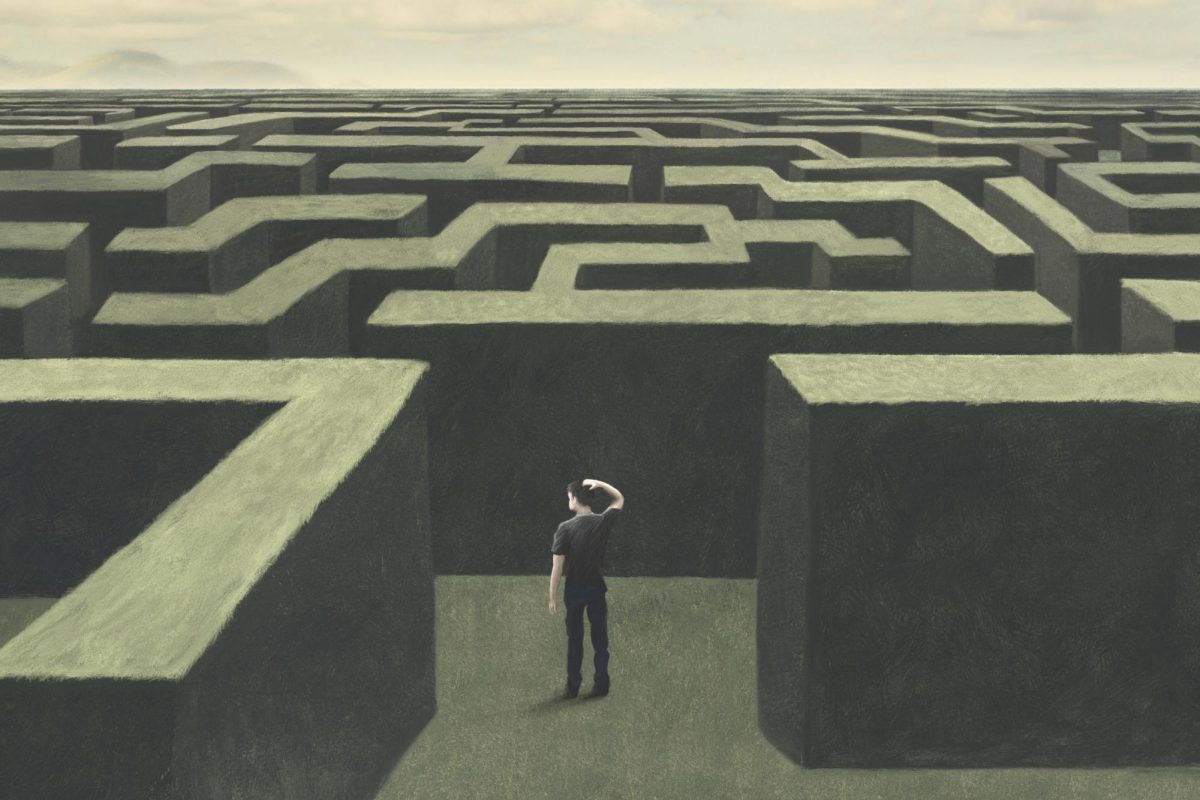A spotlight is shined upon the black community this month, recognizing black history and the way it has influenced the nation. Looking at the past, we are celebrating the progress that black people have made throughout the 20th century.
Influential scholars and leaders, such as Martin Luther King Jr., W.E.B. Du Bois and Malcom X, were brave intellectuals who helped to create a more equal environment for all. Today, Barack Obama is the first black man to ever become president of the United States.
Despite all the progress that these men and our country have made, King’s dream, that “One day, this nation will rise up and live out the true meaning of its creed: We hold these truths to be self-evident, that all men are created equal,” has not come true. The black male is still disenfranchised from equality because of ongoing institutional racism within education.
Many people think that just because the nation is led by a “black male,” racism is over and all black people have the same resources and opportunities for success and power. These people don’t understand that Obama is just as white as he is black and that he grew up with privileges that most black people do not have.
Today, black men in higher education have the lowest graduation rates in the nation.
Just 22 percent of black males who began at a four-year college graduated within six years, according to the National Student Clearinghouse Study by the Consortium of Chicago School Research for the University of Chicago. In addition, 69 percent of black males in America cannot read at grade level by the fourth grade, compared to only 29 percent of white children, according to the National Association of Educational Process. The U.S. Census Bureau says black men make up 12 percent of the population, but 44 percent of all prisoners.
The question is, why?
“As I hear it, the young African-American males in adolescence get into the culture of violence and cling to it for far too long,” said Pan African Studies professor Darryle Gatlin said. “Young African American males believe that there is a stigma against taking opportunities today.”
African-American females are less discouraged by this stigma and are entering higher education at higher rates, Gatlin explained.
Though the statistics are low for black males and higher education, they are getting better, according to BlackDemographics.com. The enrollment statistics for black men in higher institutions have been increasing since 2010. There were 3.8 million black college students in 2010, according to the site. This was an increase of roughly 2 million from 17 years earlier.
The Schott 50 State Report on Black Males and Education reports that California, as of 2008, had a higher rate of black males graduating than the national average.
In the article “Underepresentation, Injustice and Gifted Black Males,” the author, Tarek Grantham, writes, “Many state and national organizations and scholars have declared a state of emergency, providing a cry for help for black males.”
Fortunately, black activists, teachers and even students are working to better the future for black males.
Senior Communications Major Alvin Roberts, a black male, said in regards to black men:
“We must raise them and instill how important education is,” Roberts said. “We are an oppressed people, and the important thing is that we hold each other accountable. It takes a village to raise a child.”





